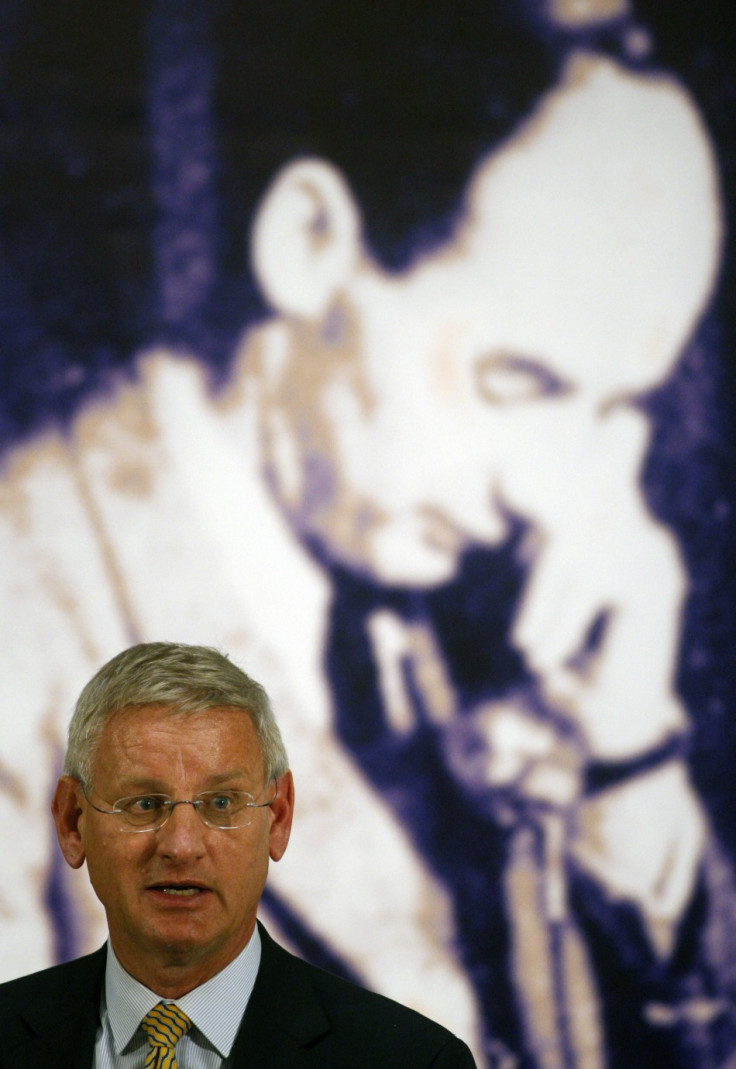Sweden to Launch Inquiry into Death of WWII Hero Wallenberg

Sweden has announced it will hold a new inquiry into the death of Holocaust hero Raoul Wallenberg after he was captured by the Soviets in 1945.
The Swedish diplomat Wallenberg has been credited with saving the lives of tens of thousands of Hungarian Jews from the Nazis during World War II.
On Tuesday, Hungary, Sweden and Israel launched the Raoul Wallenberg Year to honour his efforts.
Foreign Minister Carl Bildt has asked experts to look into whether any new material has emerged that could shed new light on what happened to the Swedish diplomat, Bildt spokeswoman Anna Charlotta Johansson said Wednesday.
Soviet and Russian officials have claimed that Wallenberg died of a heart attack. The Swedes haven't contested the Russian version, but have maintained there was insufficient evidence to draw any firm conclusions about Wallenberg's ultimate fate.
The new Swedish probe will be led by Hans Magnusson, who was involved in a similar effort together with Russian experts in the 1990s. According to Bildt, the Russian experts then said Wallenberg died, "or more likely was killed", on 17 June, 1947 in Soviet custody, but unverified witness accounts and newly uncovered evidence suggest he may have lived beyond that date
This contradicts a report by Russian investigators, who announced in 2000 that Wallenberg had been executed at Moscow's Lubyanka KGB headquarters in 1947.
But a joint Swedish and Russian report published in 2001 concluded that many important questions had not been answered and that the Wallenberg dossier could therefore not be closed
Russian scholar Vadim Birstein, one of the researchers working for the first Wallenberg commission, said they had just found some previously unknown documents when the archive was closed to them in the spring of 1991.
The former head of the Soviet "Special Archive," Anatoly Prokopenko, told the AP that following a brief period of openness before and after the 1991 collapse of the Soviet Union, Russian authorities have grown increasingly reluctant to allow public access to the archives.
Magnusson said he will start off by reviewing what information has emerged about Wallenberg since his last probe and see if there is anything new that can be done.
He didn't express big hopes that the Russians would ease the restrictions on access to the archives but said Swedish authorities will continue their contact with Russia's Federal Security Service, or FSB, the successor to the Soviet-era KGB.
Wallenberg, aged 32 at the time of his arrest, saved Jews by providing them with "protective passports" issued by the Swedish government.
© Copyright IBTimes 2025. All rights reserved.




















